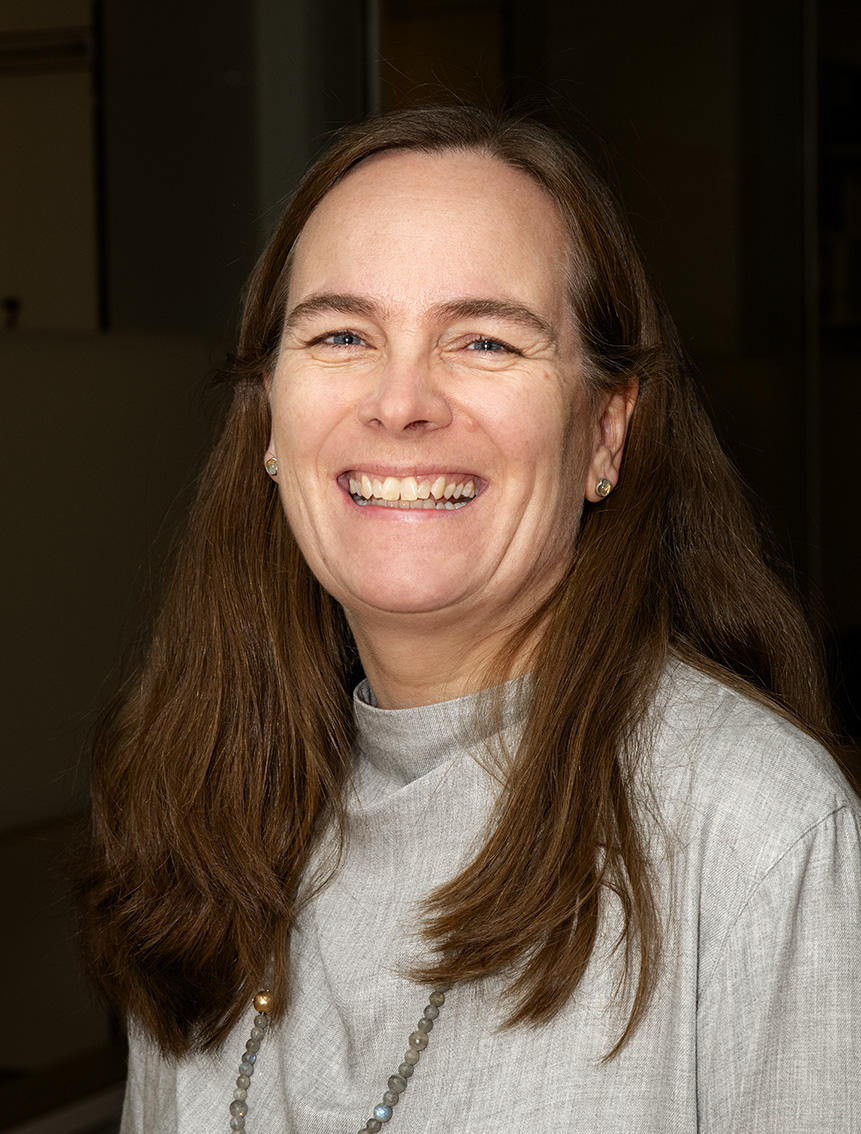IMPRESS-Norway and Illumina enter into cooperation

Illumina, one of the largest international diagnostic companies in sequencing, has recently signed a collaboration contract with the national cancer study IMPRESS-Norway.
"Securing high-quality tissue biopsies can be both challenging and time-consuming," says Hege Russnes, Senior Consultant in Pathology, OUH and Head of the Infrastructure for Precision Diagnostics for cancer (InPreD). " We are grateful to Illumina's support of this project and excited about the opportunity to investigate the match towards the CGP results from the tissue samples."
IMPRESS-Norway is a precision medicine study that looks for and acts on genetic changes in patients' tumor tissue to measure the effect of targeted treatment. In this newly established collaboration, IMPRESS-Norway will use reagents from Illumina to look for genetic changes in DNA fragments that have detached from proliferating tumors and are circulating in the blood of the cancer patient. The aim of the project is to investigate whether this test is as good as the corresponding sequencing of the tumor tissue and whether it is feasible to perform the molecular diagnostics in this way.
“IMPRESS-Norway has very good experience with liquid biopsies through our ongoing collaboration with Roche” says Åslaug Helland, National PI for IMPRESS-Norway. “The collaboration with Illumina will allow us to extend this to more patients and also give us valuable experience with new technologies for liquid biopsies”
Illumina will supply IMPRESS-Norway with reagents to investigate blood samples for 500 patients. These tests will take place in parallel with the corresponding analysis of tissue samples - which are performed through the National Infrastructure for Precision Diagnostics - Cancer (InPreD). The same genes that will be sequenced in blood and tissue, which enables comparison of the results.
"The use of CGP testing on a blood sample is less invasive and can be performed even if tissue samples are not available. This means that more patients can access personalized treatment. In addition, the treatment effect can be tracked at the molecular level throughout the course of treatment. CGP testing of a patient sample analyzes many mutations and biomarkers simultaneously and will provide a better overview of treatment options. "
Phil Febbo, MD, Chief Medical Officer at Illumina.
The long-term aim is to see if blood samples can replace tissue samples for some patients. In addition, blood tests may provide additional information relevant to the choice of treatment as the blood sample can reflect the genetic changes from several tumors in the patient. Blood tests can potentially also replace or supplement imaging in monitoring disease progression and earlier detect relapse. Tissue tests can be painful for the patient and will always be associated with a certain risk and are not always possible to carry out. In addition, it is challenging to examine tissue samples from several proliferating tumors, and it is resource-intensive for the hospitals. If it is possible for some patient groups to perform the examinations only on blood samples, it may increase the possibility of treatment in clinical studies for more patients. Implementation of molecular analyzes based on DNA in blood could therefore be an important addition to cancer diagnostics in Norway.
"Measurement of free DNA in the blood with the help of sensitive molecular profiling has enabled non-invasive fetal diagnostics. This method is now on its way into cancer diagnostics. We see that "liquid tissue samples" will be a completely new tool in precision diagnostics to support cancer treatment and the agreement with Illumina will help to evaluate the method's role in future cancer diagnostics."
Professor Andreas Matussek, Head of the Division of Laboratory Medicine at OUH
Links:
Illumina Supports Norway's Pioneering Precision Medicine Study (prnewswire.com)
IMPRESS-Norway og Illumina inngår samarbeid! (impressnorway.com)
